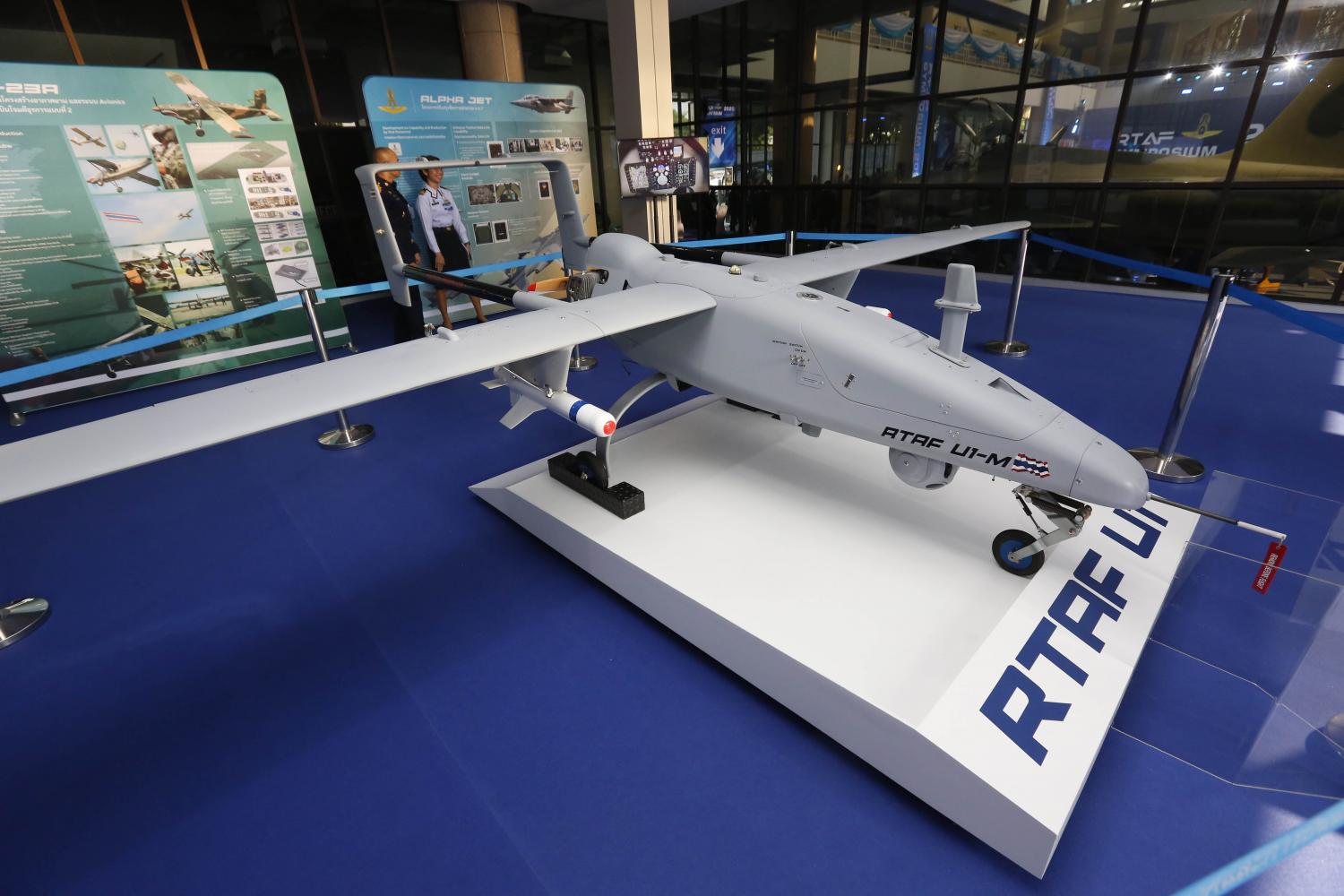
The Defence Ministry is planning to set up a technology industrial estate so Thailand can stand on its own feet when it comes to manufacturing weapons.
The move is in line with the government's plan in which it lists weaponry as its 11th target industry, or S-Curve 11, to promote growth.
"The aim is to be self-reliant in this field," permanent secretary for defence Nat Intharacharoen said while presiding over the Royal Thai Air Force Symposium held on Thursday to discuss the air force's role in territorial defence missions.
So far Thailand has established the Defence Industry, the Energy Centre and the Weapon Production Centre for research and development, though the facilities are not up to scratch to produce weapons on a large scale.
"The ministry is surveying an area to build a new industrial estate for defence technology to put the plan into action," Gen Nat said.
The western province of Kanchanaburi and the eastern province of Chon Buri, part of the ambitious Eastern Economic Corridor (EEC) area, are among prospective construction sites being considered for the industrial estate, sources said.
The air force has shown Thailand has the potential for defence technology after it developed an Unmanned Aerial Vehicle (UAV) named "UAV RTAF-U1", observers said.
However, the military must invest more in cooperation and joint investment with other countries to fuel further development, Gen Nat said.
Meanwhile, air force chief Maanat Wongwat said he was planning to boost the number of personnel specialising in defence technology by offering a master's degree in this field at the Navaminda Kasatriyadhiraj Royal Thai Air Force Academy.
"What we want is new research projects that can lead to a practical outcome," ACM Maanat said.
Twenty graduates from the fields of engineering, aerospace technology and chemicals will be chosen and provided with two-year scholarships, he said, adding this will help the students deepen their knowledge in UAV, planes and satellites.